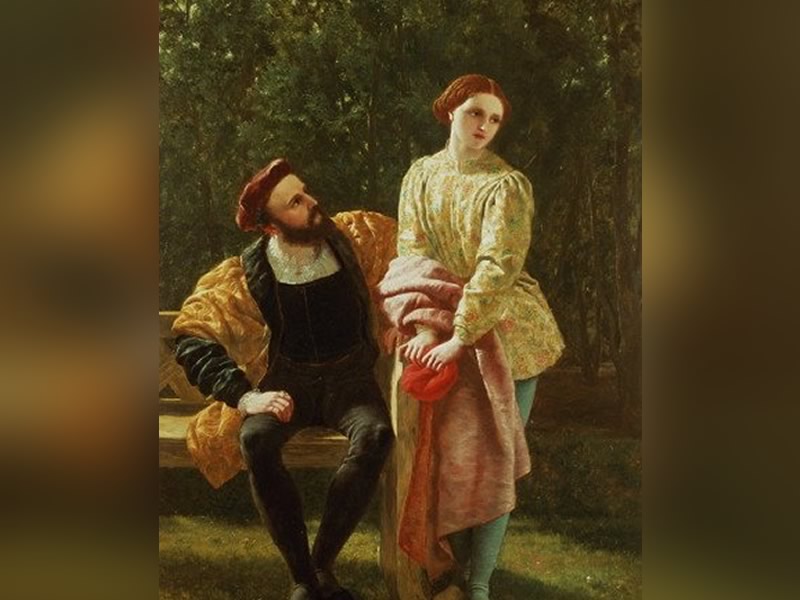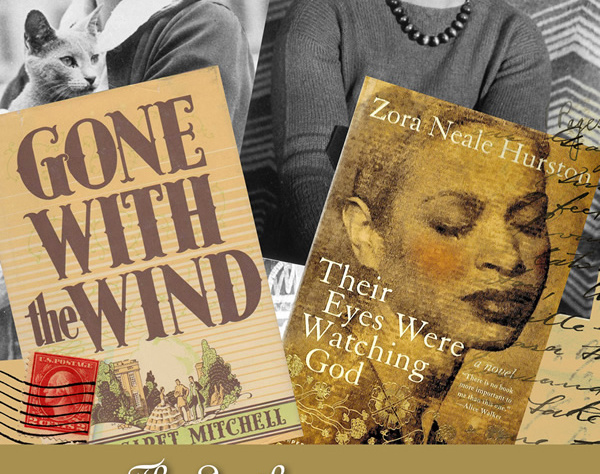Online-Only from TSC’s Tabor Stage
Friday, February 26 at 8:00 (CST)
Curated by Stephanie Shine
Please join us as we complete our season-long Dr. Greta McCormick Coger Literary Salon Series on Friday, February 26 with an exploration of William Shakespeare’s celebratory comedy, Twelfth Night.
TSC’s tenth Salon during its 13th season, “This is Illyria, Lady”: Twins, Clowns, and Cross-Dressed Lovers in Twelfth Night is curated and directed by TSC’s Stephanie Shine. It will be broadcast from TSC’s Owen and Margaret Wellford Tabor Stage exclusively online via a one-camera setup. All tickets are only $15.
Running approximately one hour without intermission, “This is Illyria, Lady” features scenes played and read from Shakespeare’s comedy connected by commentary that appreciates the plays, characters, and playwright’s life that led up to Twelfth Night’s first production in 1601 — and what would be birthed from it.
TSC’s company of actors includes Shine (Antonio/Captain), Lauren Gunn (Viola), Cara McHugh Geissler (Maria), Jasmine Robertson (Olivia), John Ross Graham (Sebastian), Michael Khanlarian (Orsino), and Dan McCleary (Feste).
Shakespeare pilfered Twelfth Night’s storyline from Plautus’ Menaechmi, which also provided the source material for his very early effort, The Comedy of Errors. But the sources and interests don’t stop there. In mistaken identities, women playing pants roles (dressing as men), the creation of clowns and fools, and the inclusion of mystic twins, Shakespeare develops from his own Two Gentlemen of Verona, The Merchant of Venice, Troilus and Cressida, and As You Like It.
Twelfth Night will then help Shakespeare develop his upcoming Othello, All’s Well That Ends Well, and King Lear. Also providing inspiration to Shakespeare were three people in his personal life: his new (1599) company clown Robert Armin (more fool than clown), and his own twins Judith and Hamnet. Judith would be 16 years old at the time of Twelfth Night’s premiere. Hamnet had died five years earlier at age 11.
“By focusing on a few favorite elements of this magical play,” says Shine, “we more clearly appreciate the wit and wisdom of Shakespeare’s most musical Fool: the mysterious Feste. We’ll discover how Feste guides his fellow characters, making each take measure of themselves. We’ll also experience the majestic pants-role known as Viola, where Shakespeare boldly gives voice to a beloved female character while shedding light onto the dark Elizabethan mystery of twins.”
Play Synopsis
In the play, Viola and her twin brother Sebastian are shipwrecked in Illyria, and each believes the other to be dead. Viola disguises herself as a young man (Cesario) and gets work serving the Duke Orsino, who is in love with the mourning Lady Olivia. Orsino woos Olivia via Cesario and his own love letters. But Olivia falls for Cesario (really Viola). To further complicate matters, Viola (Cesario) falls for Orsino, who finds himself confused by his feelings for his new servant.
Olivia has a butler named Malvolio, a unique creation of Shakespeare’s and so popular that the play would later be presented under the title Malvolio. His character exploration will be left to its own TSC Salon at a later date. But the proper Malvolio wants nothing to do with Olivia’s drunken uncle Sir Toby Belch, his friend Sir Andrew Aguecheek, and her servants, Maria, Feste, and Fabian. The motley bunch plays a famous gulling scene on Malvolio, which takes on its own storyline and complicated ending.
In the meantime, Viola’s brother Sebastian arrives with his new pirate friend, Antonio, who saved him from drowning. Olivia meets Sebastian, who is the spitting image of Cesario (his twin Viola) and asks him to marry her. She is beautiful and wealthy. What fortune! He agrees, and this sets the stage for a fifth act of mistaken identity that confuses, delights, re-unites, and resolves a most non-traditional love triangle.
The play’s shifting moods, music, rich wordplay, and high spirits celebrate the Christmas holidays, but also take some melancholy care to send its audience members back home and back to work.
Box Office
Purchase tickets online at www.tnshakespeare.org or by calling (901) 759-0604 Monday-Friday from 9:00 am – 5:00 pm. The Salon will be available to patrons as a digital/online-only experience.
The online presentation will show only once via a one-camera setup on TSC’s website with a time-stamped, specific password provided to patrons on the day of the Salon. The digital waiting room opens 15 minutes prior to curtain. All digital online tickets are $15.
Credit Card charges require a $1 per-ticket fee. Schedule subject to change with notice. There are no refunds/exchanges.
Season 13 Sponsors and Partners
TSC’s generous sponsors and partners of its season, productions, and Education and Outreach Program include International Paper, ArtsMemphis, Tennessee Arts Commission, the National Endowment for the Arts and Arts Midwest, First Horizon Foundation through an ArtsFirst grant, Community Foundation of Greater Memphis, Independent Bank, Evans|Petree, P.C., Campbell Clinic, the family of Pat and Ernest Kelly, The Sims Family Foundation, Nancy R. Copp, the family of Owen and Margaret Wellford Tabor, Dr. Greta McCormick Coger, the Barbara B. Apperson Angel Fund, the Jack Jones Children’s Literacy Project, the Dunbar Abston Fund for Sustainable Excellence, University of Memphis’ Department of Theatre & Dance, Shelby County Schools, Collierville Municipal School District, Memphis Juvenile Justice System, the Memphis V.A. Hospital, and the Benjamin Hooks Library Friends. TSC’s season is funded under a Grant Contract with the State of Tennessee.


